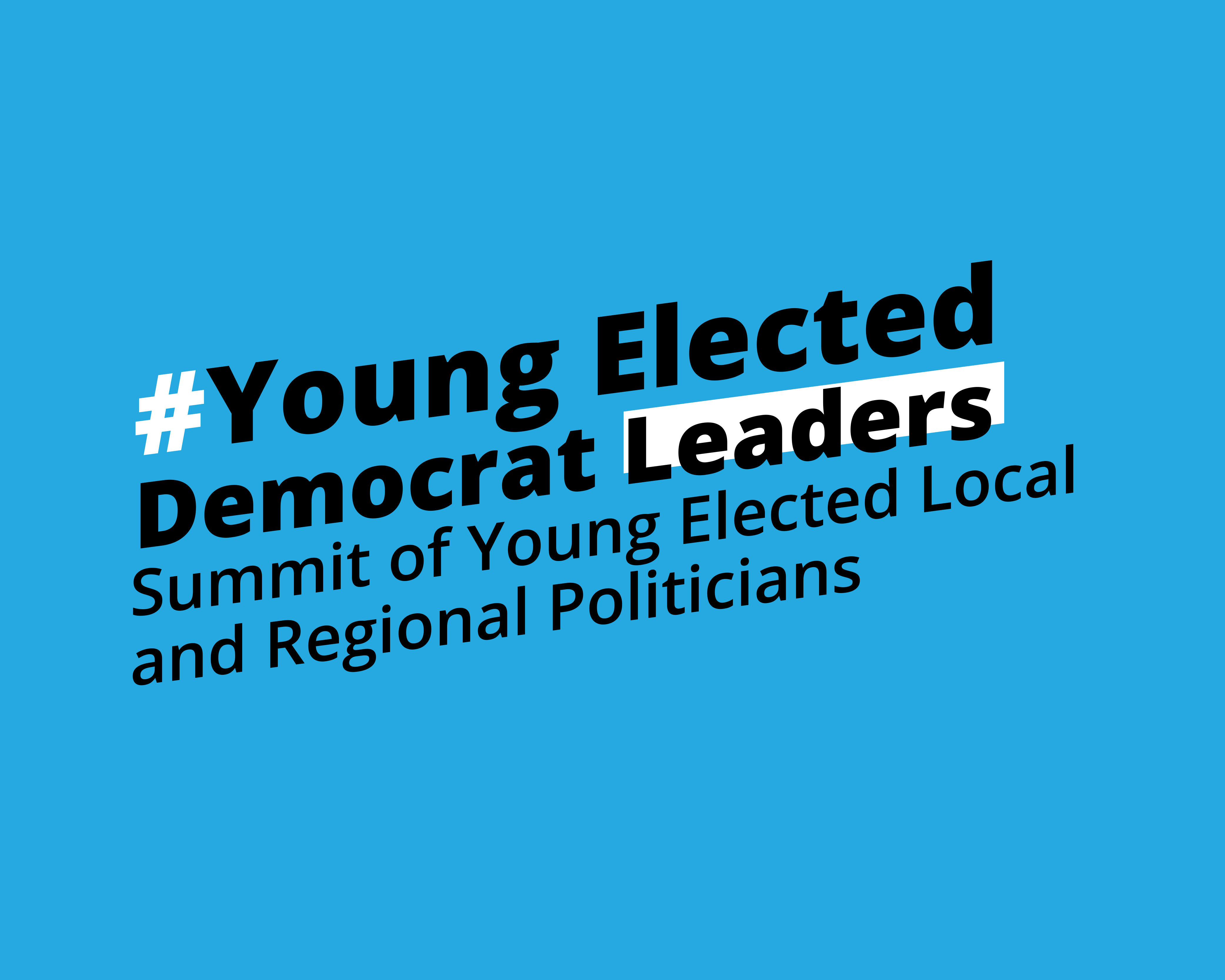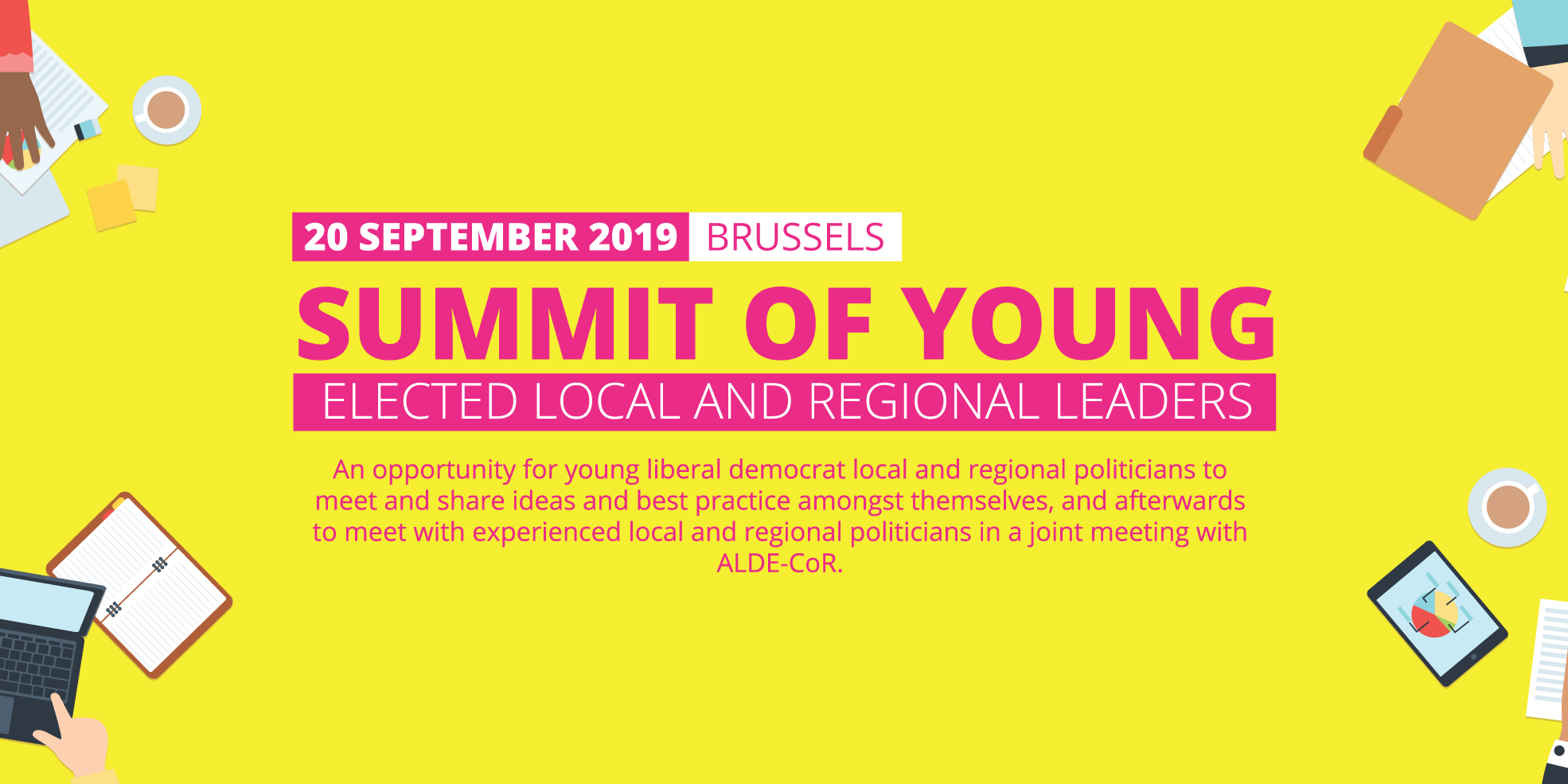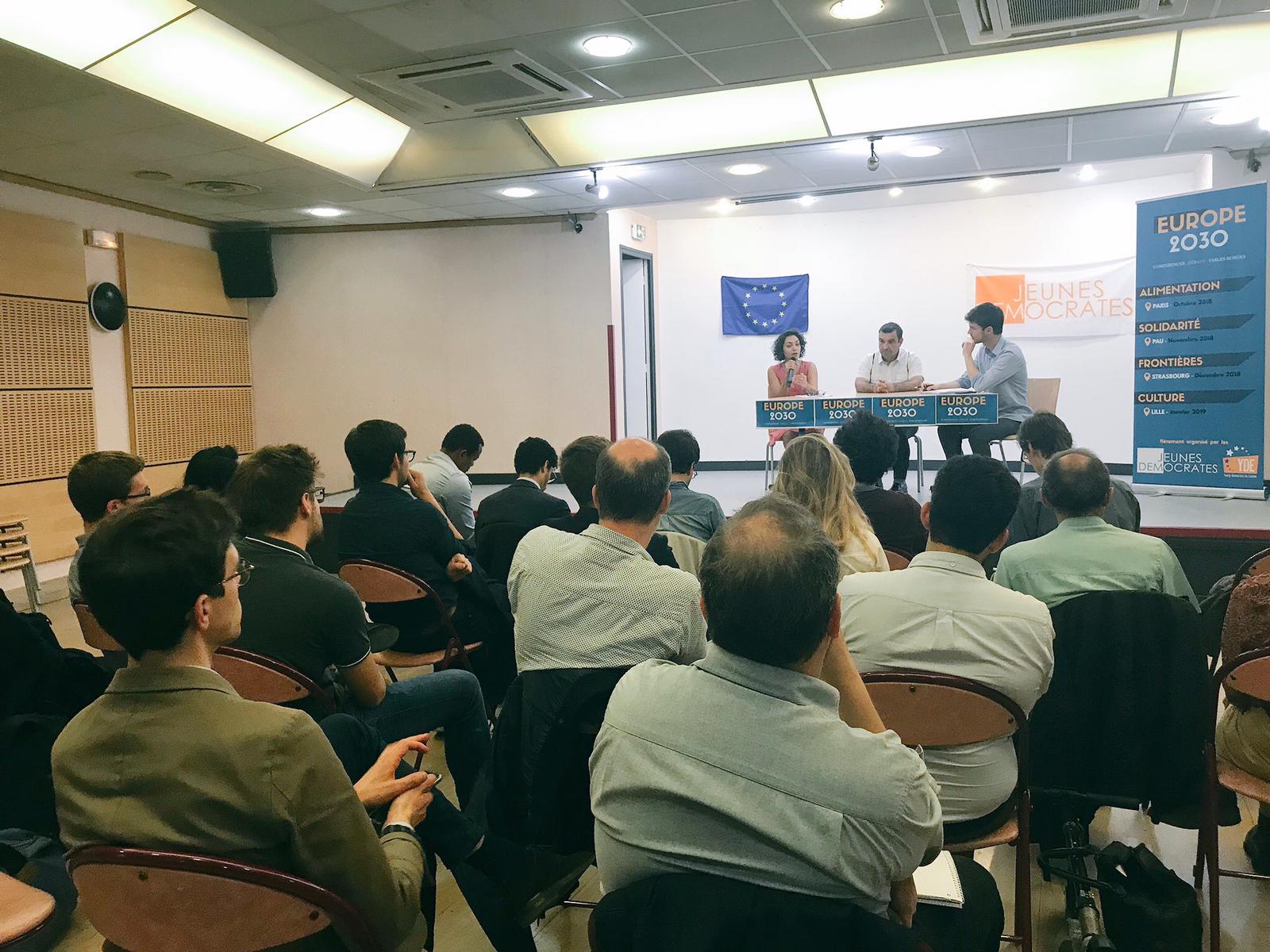YDE Congress 2020 : New board elected
The Congress of the Young Democrats for Europe (YDE) was held, online, on Saturday, November 7. The 13 parties of the youth organisation of the European Democratic Party approved the activity and financial report of the 2018-2020 board and prepare the ground for the next one.
Before proceeding to the renewal of the board, the YDE welcomed a Romanian member, the youth organisation Pro România Tineret. The party already associated with the YDE wanted to formalise its rapprochement in order to act more on European politics and spread our values across Europe. It is also a great opportunity for the YDE to be even more involved in the eastern Balkan.
Begoña Garteizaurrecoa (Euzko Gaztedi Indarra) who did not stand for her own succession has left the place to Asier Areitio (Euzko Gaztedi Indarra) who becomes the new president of the YDE. Unanimously elected like the rest of his board, he first of all thanked Begona for his work as well as all the parties that support him for this new term.
Asier Areitio announced that he wants to work with the entire Board so that the YDE become a reference for all young people in Europe who support the values of freedom and democracy, values that are, today more than ever, necessary to face the populism that is rising all over Europe. This is why he insisted on the need for the YDE to work to spread the values of the EU, the cement of the unity of European youth.
It is Ugo Rostaing (Jeunes démocrates) who replaced François Dogon (Jeunes démocrates) as Secretary General. The latter will nevertheless remain a member of the board for the next two years.
Ugo Rostaing also recalled the importance for the YDE to gain recognition on the European scene by relying on the EDP’s European elected representatives as well as the associations that invigorate the European democracy. He sees the Conference on the Future of Europe as a major opportunity for young people who are constantly demonstrating their commitment to the planet, freedom, and equality.
The full board of YDE for 2020-2022 will be:
– President : Asier Areitio (Euzko Gaztedi Indarra)
– Secretary general: Ugo Rostaing (Jeunes démocrates)
– Treasurer: Cristina Gennari (Generazione Futura (Repubblica Futura))
– Spokesperson: Sergio Soares (Junge Freie Wähler)
– VP Communication: George Efstathiou (Symmaxia Neon)
– VP Events: Miroslav Stanici (PRO ROMANIA)
– Santiago Guttierrez (Jóvenes Nacionalistas Canarios)
– Anita Velic (Narodna stranka-REFORMISTI)
– François Dogon (Jeunes démocrates)
– Tina Andrioti (Neolaia Enosis Kentroon)
– Alena Minns (Mladí Európania)
– Eiza Gallo (PDE Italia youth)
Finally, delegates adopted the action plan of the new board and two resolutions. The action plan is based on the political priorities set out in the resolutions. European citizenship, through the promotion of EU values and participation in the Conference on the Future of Europe as well as the transition to a greener economy will therefore be the two guiding threads of the YDE board’s action for the next two years.





